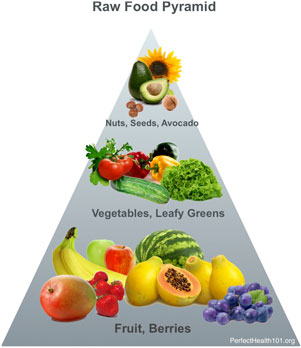02/27/2019 RIGHT RELATIONSHIP
Genesis 4:8-9 Now Cain said to his brother Abel, “Let’s go out to the field.” And while they were in the field, Cain attacked his brother Able and killed him. Then the Lord said to Cain, “Where is your brother Abel? “I don’t know,” he replied. “Am I my brother’s keeper?” [New International translation]
Psalm 23:1-2 The Lord is my shepherd, I shall not be in want. He makes me lie down in green pastures, he leads me besides quiet waters, he restores my soul….
[New International translation]
BIBLICAL COMMENTS
Cain and Abel were the children of Adam and Eve, the first family. We can learn a number of valuable spiritual lessons studying the various relationships within the first family (husband and wife; the relationship of siblings) and studying each member’s relationship with GOD. In Genesis verse 4:8-9 we are able to glean a glimpse of Cain’s relationship to his brother Able and Cain’s relationship to GOD. The verse indicates that Cain devised an evil plan. In today’s legal terminology, this is known as “premeditation.” Premeditation is the “planning,” “plotting” or “deliberating” about an action before committing the action; thus evidencing “intent” to commit the crime. In other words, Cain could not say he “accidentally” killed his brother because Cain “intended” to do his brother harm. Cain devised the plan in his mind before following through with the act. Cain intended “to do evil by his brother.”
The second thing Cain’s conversation with GOD indicates is not only his willingness to easily “lie” to GOD, but Cain utter “lack of reverence and respect toward GOD.” When GOD asked Cain about his brother Abel, Cain used a disrespectful “tone” with GOD and responded as if GOD and he were on “equal footing.” Cain retorted: “Am I my brother’s keeper?” Cain’s was basically asking GOD: “Am I Abel’s warden?” “Is it my responsibility to follow Abel’s everywhere?” In essence: “Am I his babysitter?”
This response not only shows that Cain had no “brotherly love” for Able but also that Cain has no love or respect for GOD. Imagine the nerve and irreverence of asking GOD, WHO IS ALL KNOWING, whether HE needs a warden or keeper to determine someone’s whereabouts! Cain’s retort is not only a direct challenge to the authority of GOD but a direct challenge to WHO GOD IS. [Much like Satan’s questioning temptation of JESUS in the wilderness---See, Luke 4.]
Conversely, when one reads Psalm 23, we can hear and feel the love, reverence and awe that David, the boy shepherd, has for an ALL LOVING, ALL POWERFUL, ALL KNOWING GOD and MERCIFUL GOD. David marvels at how GOD cares for HIS sheep (i.e. us). David praises GOD for HIS protection, goodness and love. He thanks GOD for feeding him and physically nourishing him (i.e., finding “green” pastures and “still waters”). David thanks GOD for his external well-being and David thanks and praises GOD for his “internal well-being,” acknowledging that GOD is able to abolish his fears (even his fear of death—verse 4). David also acknowledges that even when he sins, GOD is able to find him and restore his soul. [It is as if the boy David could see how the adult King David would sin against GOD, and still has the assurance of knowing that despite all his human shortcomings, like a sheep have gone astray, GOD still cares and shows mercy.] David thanks GOD that for being his GOOD SHEPHERD!
Unlike Cain’s relationship with GOD, David’s relationship with GOD is one of praise, gratitude, reverence, and love.


